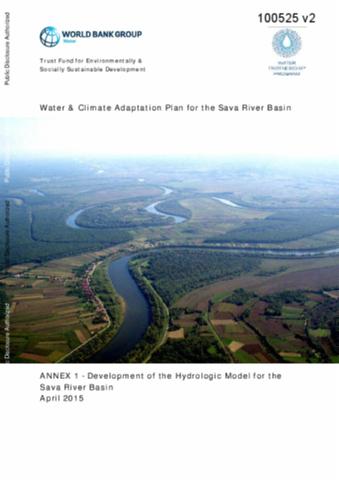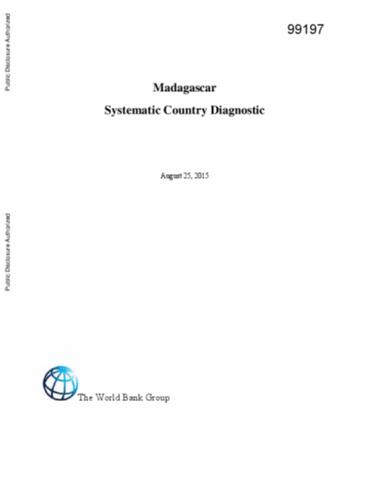The World Bank is a vital source of financial and technical assistance to developing countries around the world. We are not a bank in the ordinary sense but a unique partnership to reduce poverty and support development. The World Bank Group has two ambitious goals: End extreme poverty within a generation and boost shared prosperity.
- To end extreme poverty, the Bank's goal is to decrease the percentage of people living on less than $1.25 a day to no more than 3% by 2030.
- To promote shared prosperity, the goal is to promote income growth of the bottom 40% of the population in each country.
The World Bank Group comprises five institutions managed by their member countries.
The World Bank Group and Land: Working to protect the rights of existing land users and to help secure benefits for smallholder farmers
The World Bank (IBRD and IDA) interacts primarily with governments to increase agricultural productivity, strengthen land tenure policies and improve land governance. More than 90% of the World Bank’s agriculture portfolio focuses on the productivity and access to markets by small holder farmers. Ten percent of our projects focus on the governance of land tenure.
Similarly, investments by the International Finance Corporation (IFC), the World Bank Group’s private sector arm, including those in larger scale enterprises, overwhelmingly support smallholder farmers through improved access to finance, inputs and markets, and as direct suppliers. IFC invests in environmentally and socially sustainable private enterprises in all parts of the value chain (inputs such as irrigation and fertilizers, primary production, processing, transport and storage, traders, and risk management facilities including weather/crop insurance, warehouse financing, etc
For more information, visit the World Bank Group and land and food security (https://www.worldbank.org/en/topic/agriculture/brief/land-and-food-security1
Resources
Displaying 776 - 780 of 4906Water and Climate Adaptation Plan for the Sava River Basin
This report presents the water and climate adaptation plan (WATCAP) developed for the Sava river basin (SRB) as result of a study undertaken by the World Bank. The WATCAP is intended to help to bridge the gap between the climate change predictions for the SRB and the decision makers in current and planned water management investment projects that will be affected by changing climate trends.
Leveraging Urbanization in South Asia
The number of people in South Asia's cities rose by 130 million between 2000 and 2011--more than the entire population of Japan. This was linked to an improvement in productivity and a reduction in the incidence of extreme poverty. But the region's cities have struggled to cope with the pressure of population growth on land, housing, infrastructure, basic services, and the environment. As a result, urbanization in South Asia remains underleveraged in its ability to deliver widespread improvements in both prosperity and livability.
The Extractive Industries Sector
The extractive industries (EI) sector occupies an outsize space in the economies of many developing countries. Economists, public finance professionals, and policy makers working in such countries are frequently confronted with issues that require an in-depth understanding of the sector. The objective of this volume is to provide a concise overview of EI-related topics these professionals are likely to encounter.
Madagascar
This document is hence organized not around the three types of challenges, but around five themes of governance, public finance issues, private sector-led economy, poverty and environment, and human capital, all crucial to achieving faster, more inclusive and sustainable growth. Chapter one provides the country context. Chapter two discusses the quality of governance, an overarching issue in Madagascar. It has a direct bearing on the pace, the inclusiveness and sustainability of growth.
Cambodia
This report assesses the impact of
participation in farmer organizations (FOs) on food security
of rural households in Cambodia. The study is particularly
set out to following: (1) examine FOs’ roles and operation
and challenges for improving household’s food security; (2)
analyze household’s characteristics that determine
participation in FOs; (3) assess the impact of FOs on food
security and livelihood of the rural poor; and (4) provide








